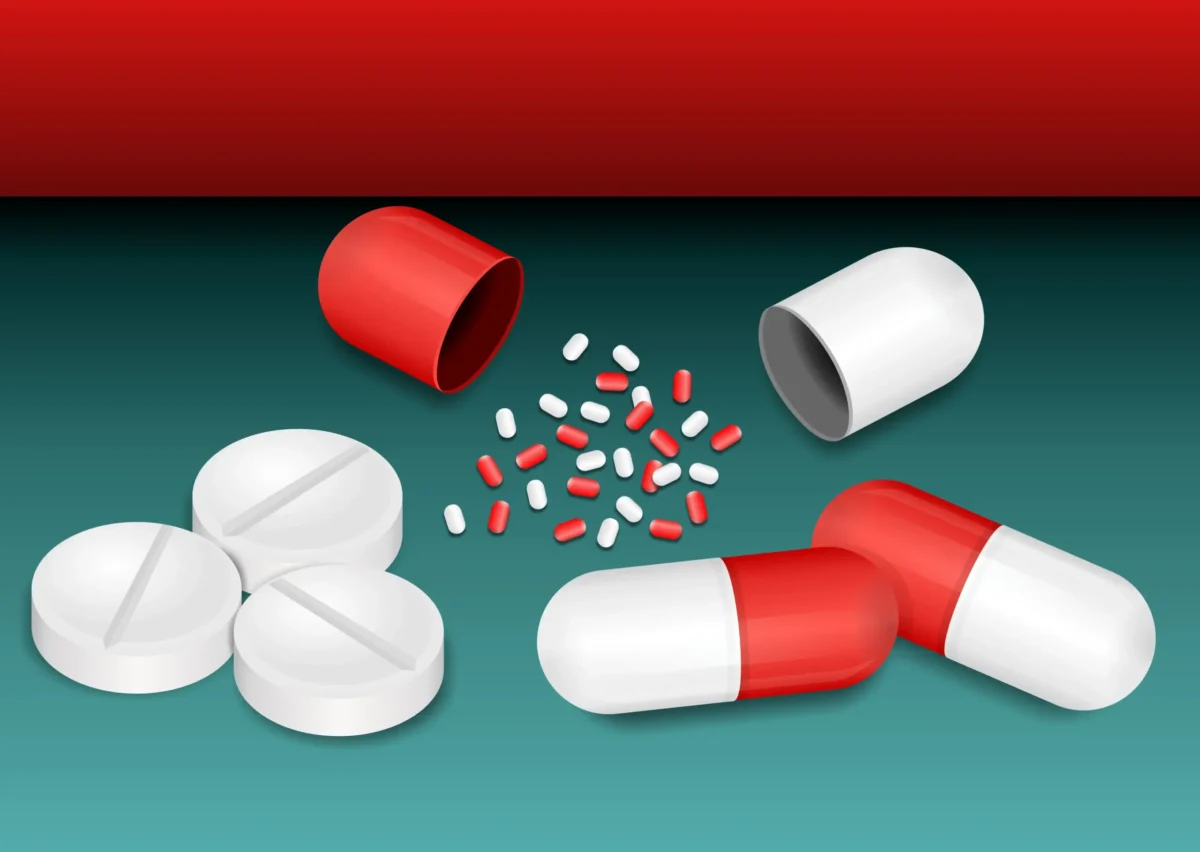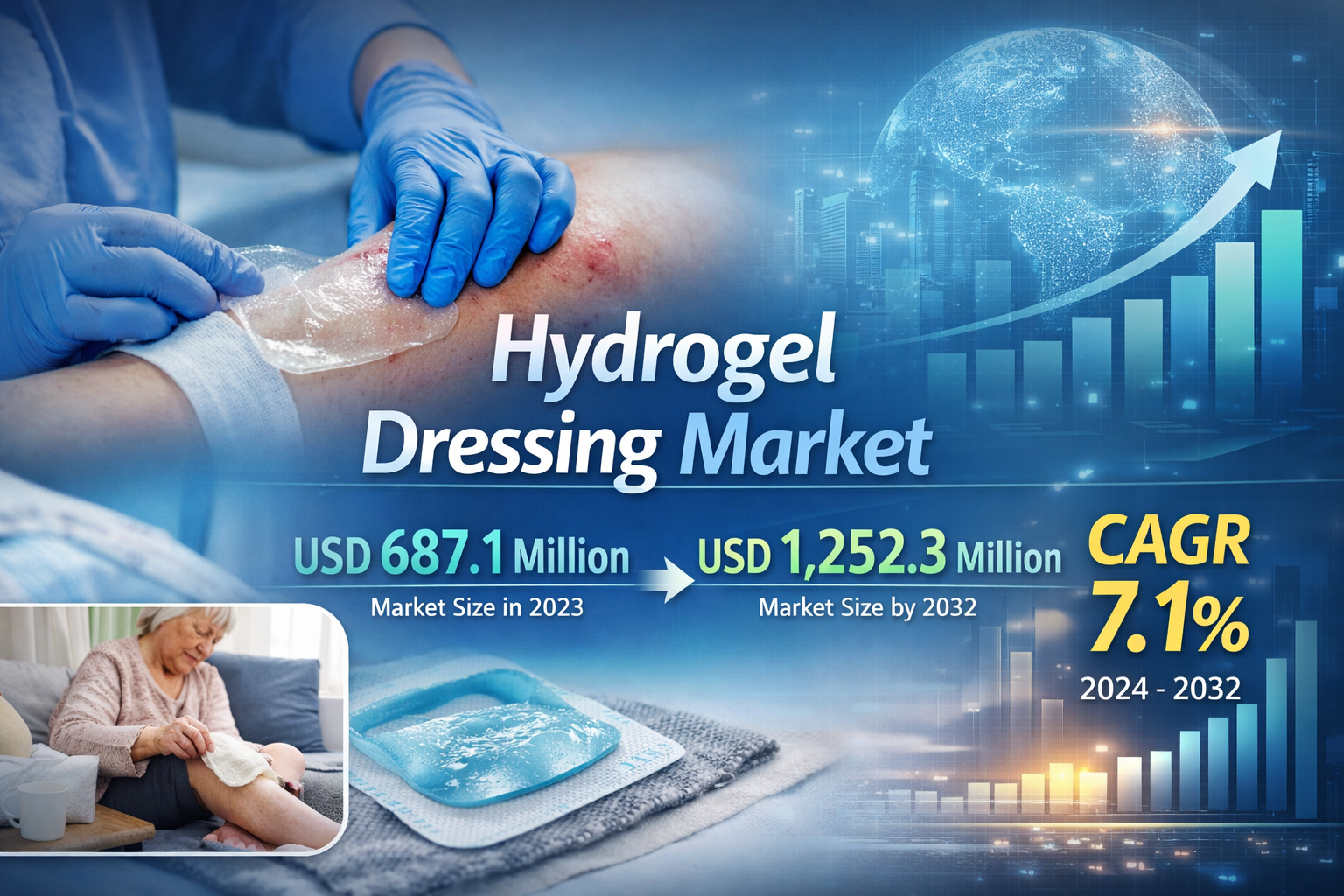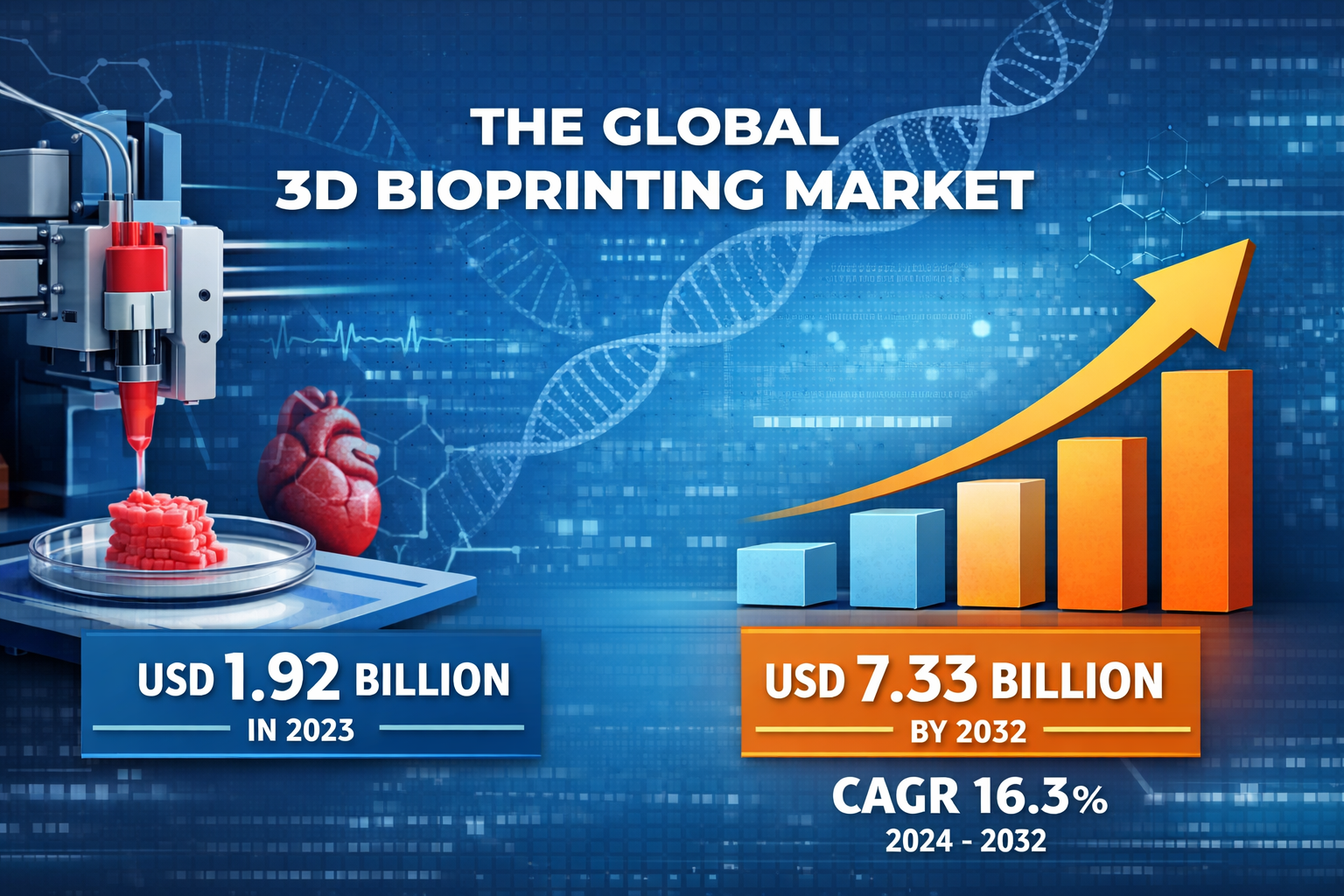The anti-hypertensive drugs market is a critical component of the global pharmaceutical industry, driven by the increasing prevalence of hypertension worldwide. With millions of people suffering from high blood pressure, the demand for effective treatment options is on the rise. A recent report by Acumen Research And Consulting projects anti-hypertensive drugs market to reach USD 38.3 billion by 2032, growing at a CAGR of 4.2% during the period from 2024 to 2032. North America was the key contributor to the global anti-hypertensive drugs market accounting for around USD 9.8 billion market size in 2023, with Asia-Pacific region anticipated to showcase strong growth potential over the forecast period from 2024 to 2032.
This comprehensive look into the market will cover essential aspects such as anti-hypertensive drugs market share, growth trends, and key developments.
Who Are the Key Players in the Anti-Hypertensive Drugs Market?
The anti-hypertensive drugs market involves a wide array of stakeholders, including pharmaceutical companies, healthcare professionals, and patients.
- Pharmaceutical Companies: Leading global pharmaceutical giants are heavily invested in the development, production, and marketing of anti-hypertensive drugs. Companies like Pfizer, Novartis, AstraZeneca, and Merck are major players in the market. These firms are actively involved in research and development, striving to introduce innovative drugs that offer better efficacy and fewer side effects.
- Healthcare Professionals: Doctors, cardiologists, and general practitioners play a critical role in prescribing anti-hypertensive drugs. The growing awareness about hypertension and its long-term consequences is prompting healthcare professionals to adopt more aggressive treatment strategies, contributing to the growth of the antihypertensive drugs market.
- Patients: The increasing global burden of hypertension, particularly in aging populations, has made patients the ultimate drivers of demand in the anti-hypertensive drugs market. Lifestyle changes, poor diets, and increasing stress levels are all contributing to the rising number of patients requiring medication to manage high blood pressure.
What Are Anti-Hypertensive Drugs?
Anti-hypertensive drugs are medications designed to lower high blood pressure (hypertension) and reduce the risk of associated complications such as heart attacks, strokes, and kidney disease. There are several classes of anti-hypertensive drugs, each with different mechanisms of action. The most commonly prescribed classes of anti-hypertensive drugs include:
- ACE Inhibitors (Angiotensin-Converting Enzyme Inhibitors): These drugs block the production of a hormone that narrows blood vessels, allowing blood to flow more easily. Examples include lisinopril and enalapril.
- Beta-Blockers: These reduce the heart rate and the force of heart contractions, thereby lowering blood pressure. Common examples are metoprolol and atenolol.
- Calcium Channel Blockers: These drugs relax blood vessels by preventing calcium from entering the heart and artery cells. Amlodipine and diltiazem are commonly used.
- Diuretics: Also known as “water pills,” diuretics help the kidneys eliminate excess salt and water from the body, reducing blood pressure. Examples include hydrochlorothiazide and furosemide.
- Angiotensin II Receptor Blockers (ARBs): These drugs prevent angiotensin II from binding to its receptors, allowing blood vessels to relax. Examples include losartan and valsartan.
- Alpha Blockers: These relax blood vessels by blocking alpha receptors. Prazosin is a well-known example.
The list of anti-hypertensive drugs available in the market is extensive, catering to different patient needs and conditions. However, the selection of a specific drug depends on individual patient factors such as age, medical history, and potential side effects of anti-hypertensive drugs.
Where Is the Anti-Hypertensive Drugs Market Growing?
The anti-hypertensive drugs market is experiencing growth across various regions, with notable expansion in both developed and emerging markets.
- North America: The North America anti-hypertensive drugs market is well-established, driven by the high prevalence of hypertension and a strong healthcare infrastructure. The U.S., in particular, has a significant market share, with a large elderly population and growing awareness about hypertension management.
- Europe: Europe represents another major market for anti-hypertensive drugs. Countries like Germany, France, and the UK are leading in terms of both consumption and innovation in hypertension treatment. The region is characterized by an aging population and rising healthcare spending, contributing to the anti-hypertensive drugs market growth.
- Asia-Pacific: The anti-hypertensive drugs market in Asia-Pacific is projected to witness the fastest growth in the coming years, driven by increasing urbanization, changing lifestyles, and a rising incidence of hypertension. Countries like China, India, and Japan are major contributors to the market expansion, with growing healthcare awareness and access to medications.
- Latin America and Middle East & Africa: Although smaller in terms of market share, these regions are expected to grow steadily as healthcare access improves and awareness about hypertension rises.
When Is the Anti-Hypertensive Drugs Market Expected to Grow?
The antihypertensive drugs market is expected to see substantial growth over the next decade. According to Acumen Research And Consulting, a leading market research company, the anti-hypertensive drugs market CAGR is projected to be around 4.2% from 2023 to 2032. Several factors are driving this anticipated growth:
- Rising Prevalence of Hypertension: Hypertension affects over 1.2 billion people globally, with this number expected to rise due to unhealthy lifestyles and aging populations. The growing burden of hypertension is a key factor behind the expansion of the anti-hypertensive drugs market.
- Innovation in Drug Development: Pharmaceutical companies are continuously developing new formulations and drug combinations to improve patient outcomes and reduce side effects of anti-hypertensive drugs. These innovations will contribute to the market’s growth over the forecast period.
- Increased Healthcare Access: As healthcare infrastructure improves in developing regions, more patients will have access to affordable antihypertensive drugs. This will further drive the demand for anti-hypertensive drugs in emerging markets.
- Government Initiatives: Several countries are implementing public health campaigns and policies to raise awareness about hypertension and promote early diagnosis and treatment. These efforts are expected to boost the growth of the antihypertensive drugs market globally.
Why Is the Anti-Hypertensive Drugs Market Growing?
The anti-hypertensive drugs market is expanding due to several key factors:
- Increased Awareness About Hypertension: As awareness about the dangers of hypertension and its link to cardiovascular diseases grows, more people are seeking treatment. This has led to increased demand for antihypertensive drugs to control blood pressure and reduce the risk of complications such as heart attacks and strokes.
- Aging Population: The global population is aging, and older adults are more prone to developing hypertension. The rising number of elderly individuals is a major driver of the antihypertensive drugs market.
- Technological Advancements: Advances in drug delivery systems and the development of combination therapies are improving treatment efficacy and patient compliance. These technological innovations are propelling the growth of the anti-hypertensive drugs market.
- Improved Diagnostics: Better diagnostic tools for hypertension and early detection initiatives are leading to more patients being diagnosed at an early stage. This is boosting the demand for anti-hypertensive drugs.
- Chronic Nature of Hypertension: Since hypertension is a lifelong condition requiring long-term medication, the continuous demand for anti-hypertensive drugs ensures a stable market. Patients who are diagnosed with high blood pressure often need to take medication for the rest of their lives, creating consistent demand for the market.
Market Size and Share
The anti-hypertensive drugs market size is valued in billions and is expected to grow significantly in the coming years. Key players in the anti-hypertensive drugs market share continue to dominate due to their extensive product portfolios and ongoing research in the field.
The anti-hypertensive drugs market is poised for growth due to the increasing prevalence of hypertension, rising awareness of cardiovascular health, and advancements in drug development. As more people worldwide are diagnosed with high blood pressure, the demand for effective treatment options will continue to rise, driving market expansion. The antihypertensive drugs market offers vast opportunities for pharmaceutical companies, healthcare providers, and patients alike as the need for innovative and efficient treatments remains strong.



